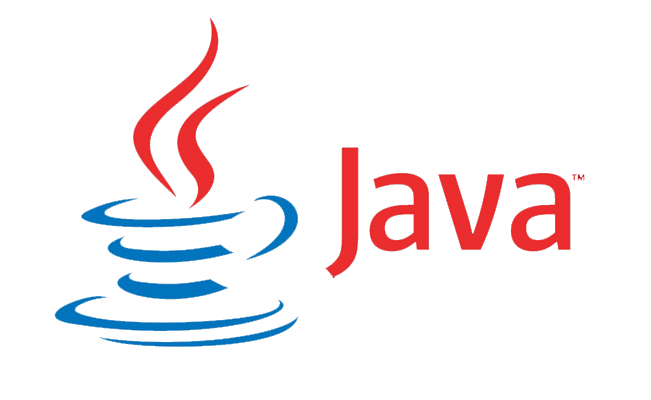
A method is a block of code, a group of statements, or a set of code that performs a specific task or operation. These are also known as functions in other programming languages.
- The method describes the behavior of an object.
- It increases code reusability.
- It also provides an easy modification of the code.
Method Declaration:
Method attributes such as visibility, return type, name, and arguments are all listed in the method declaration.
- A method signature can be found in every method. It’s included in the method definition. It contains the method name as well as a list of parameters.
- The method’s access specifier or modifier is the method’s access type. It specifies the method’s visibility. There are four different types of access specifiers in Java:
| Modifier | Class | Package | Subclass | Global |
| Public | Yes | Yes | Yes | Yes |
| Protected | Yes | Yes | Yes | No |
| Default | Yes | Yes | No | No |
| Private | Yes | No | No | No |
- The return type of a method is the data type it returns. It could be a primitive data type, an object, a collection, or void, for example. The void keyword is used when a method does not return anything.
- The name of a method is defined by its method name, which is a unique name. It must be appropriate for the method’s functionality.
- The parameter list is a collection of parameters separated by a comma and enclosed in parentheses.
- The method declaration includes the method body. It contains all the actions that must be completed. It is protected by a pair of curly braces.
Syntax to declare the method in Java:
Access_specifier return-type methodName(parameter-list) //method header
{
//method-body method signature
}Example:
public String getDetails(String st, int age, float per)
{
String details=details+" "+st+" "+a+" "+per;
return details;
}Calling a Method:
In a program, calling a method is straightforward. The program control passes to the called method when we call or invoke a user-defined method.
for instance,
String ans=getDetails("Rabecca Fatima",20,89.70);It will return a value Rabecca Fatima 20 89.70 after appending the argument passed during the method call.
Example: Even or Odd
import java.util.Scanner;
public class EvenOdd
{
public static void main (String args[])
{
//creating Scanner class object
Scanner sc=new Scanner(System.in);
System.out.print("Enter the number: ");
//reading value from user
int num=sc.nextInt();
//method calling
findEvenOdd(num);
}
//user defined method
public static void findEvenOdd(int num)
{
//method body
if(num%2==0)
System.out.println(num+" is even");
else
System.out.println(num+" is odd");
}
} Output:
By providing different inputs, we get different values accordingly.
Enter the number: 34
34 is even
Enter the number: 91
91 is oddTypes of Method
There are two types of methods in Java:
- Predefined Method
- User-defined Method
Predefined method:
- Predefined methods are methods that are already defined in the Java class libraries.
- It’s also known as the built-in method or standard library method. We can use these methods directly by calling them at any point in the program.
- length(), equals(), compareTo(), sqrt(), and other pre-defined methods are examples.
User-defined method:
- A user-defined method is a method created by the user or programmer.
- These methods are modified according to the requirement.
- The even-odd program is an example of the user-defined method.
call-by-reference and call-by-value
An argument can be passed to a method in two ways.
- call-by-value: In this approach, a method is passed a copy of an argument value. Inside the method, changes to the argument value have no effect on the arguments.
- call-by-reference: A method is called by passing a reference to an argument. The argument value will be affected by any changes made within the method.
Important: Java is Strictly Pass by Value
Note: also read about the OOPs in Java
Follow Me
If you like my post please follow me to read my latest post on programming and technology.
https://www.instagram.com/coderz.py/
https://www.facebook.com/coderz.py
Staying up to the mark is what defines me. Hi all! I’m Rabecca Fatima a keen learner, great enthusiast, ready to take new challenges as stepping stones towards flying colors.
Leave a Comment
You must be logged in to post a comment.